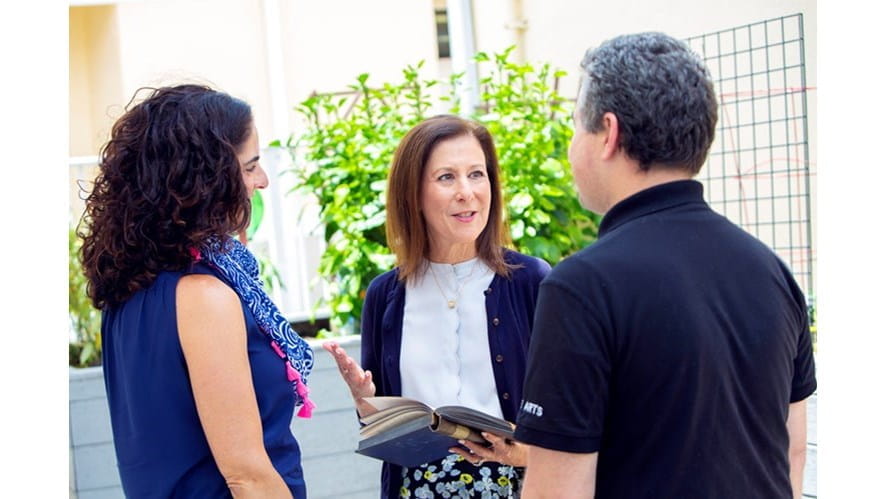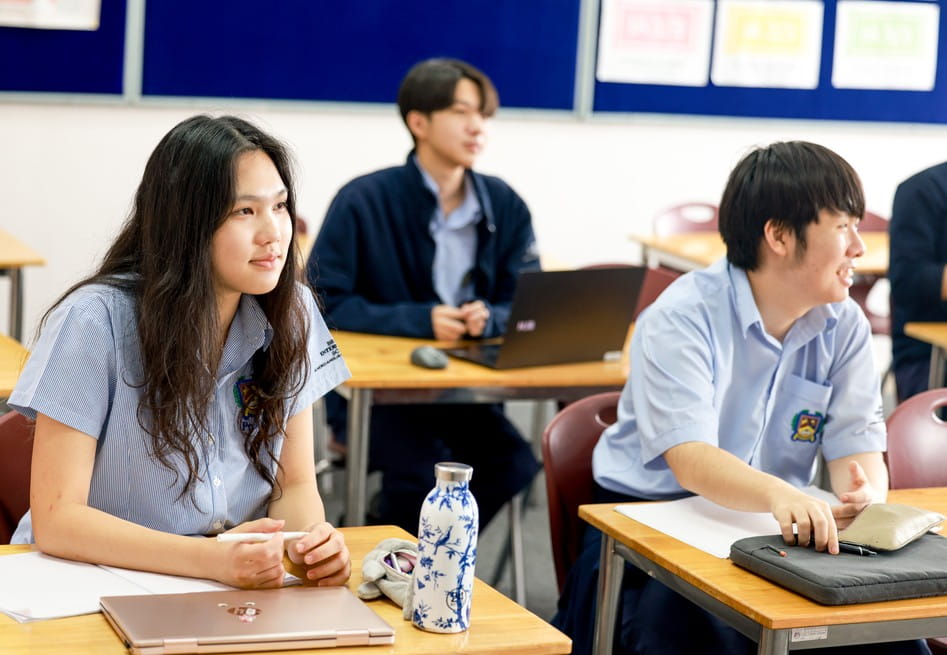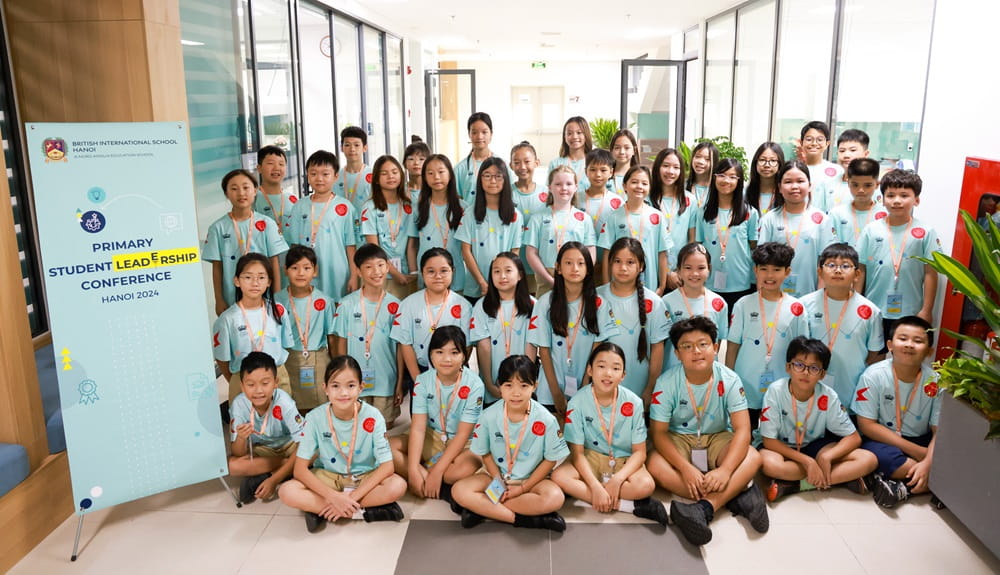Pandemic a “great disruptor” for education: EDUtech Asia 2021 While the pandemic has brought many challenges, it’s also introduced a new wave of innovation, resilience and collaboration in education that could prove to be a permanent “great disruptor” to the sector.
While the pandemic has brought many challenges, it’s also introduced a new wave of innovation, resilience and collaboration in education that could prove to be a permanent “great disruptor” to the sector.
Speaking at this year’s EDUtech Asia conference, Group Education Director from the world’s leading premium international schools organisation Nord Anglia Education, Dr Elise Ecoff said that while there are still many “unknowns” about the pandemic, “there are also things that we absolutely know”.
“The pandemic was the great disruptor for every aspect of education, but to educators’ credit around the world, we’ve seen how our schools and teachers have adapted to the landscape under really difficult circumstances,” she said.
“We saw significant learning by our teachers and students, examples of innovation and resilience, and a much greater focus on collaboration. As a result, we’ve come out of it stronger. Our students and teachers are really making the most of that experience moving forward.”
While nothing can replace the dynamic exchange and learning that happens in the physical classroom, Dr Ecoff said Nord Anglia schools plan to focus on finding the right balance between physical classrooms and blended learning to ensure that students can stay connected, and continue to learn uninterrupted wherever they are in the world.
“Students can’t learn if they’re not feeling well and happy, productive and comfortable; it’s one of the most important things we’re focused on as educators,” she said.
Despite having to spend significant time in virtual school during the pandemic, our students, along with all Nord Anglia schools learnt and demonstrated more agency and autonomy over their work, greater choices in how they demonstrated their learning and thinking, stronger resilience and more opportunities to collaborate with their peers globally.
Moreover, the students also went on to obtain outstanding results in examinations. Our Class of 2021 received the highest set of IBDP results in the school’s history, achieving an average of 38.2 points with many going off to study at world-class universities.
The excellent academic results of our students prove that the school did not flinch in the face of the pandemic's challenges but instead, take advantage of the time to create more flexible and unique learning opportunities to better prepare the students for an ever-changing world.
Dr Ecoff described the technological advances made in a short time as “staggering”, and highlighted their usage flexibility as one of the drivers to creatively challenge limitations in the digital world.
By making technology the centrepiece of Virtual School Experience at BIS Hanoi, students are able to develop skills they may not have previously been afforded. And with an emphasis on social and emotional learning, the school also leverage technology to create a more flexible and tailored approach for every student.
“For Nord Anglia, technology has always been a part of what we do, and it was certainly the glue that enabled teachers, students and families to stay connected and continue their learning with really minimal disruptions,” she said.
Dr Ecoff spoke at this year’s EDUtech Asia conference, the leading education technology event in the region. With more than 10,000 attendees globally, the conference covers the role of technology in education from leading industry experts.






